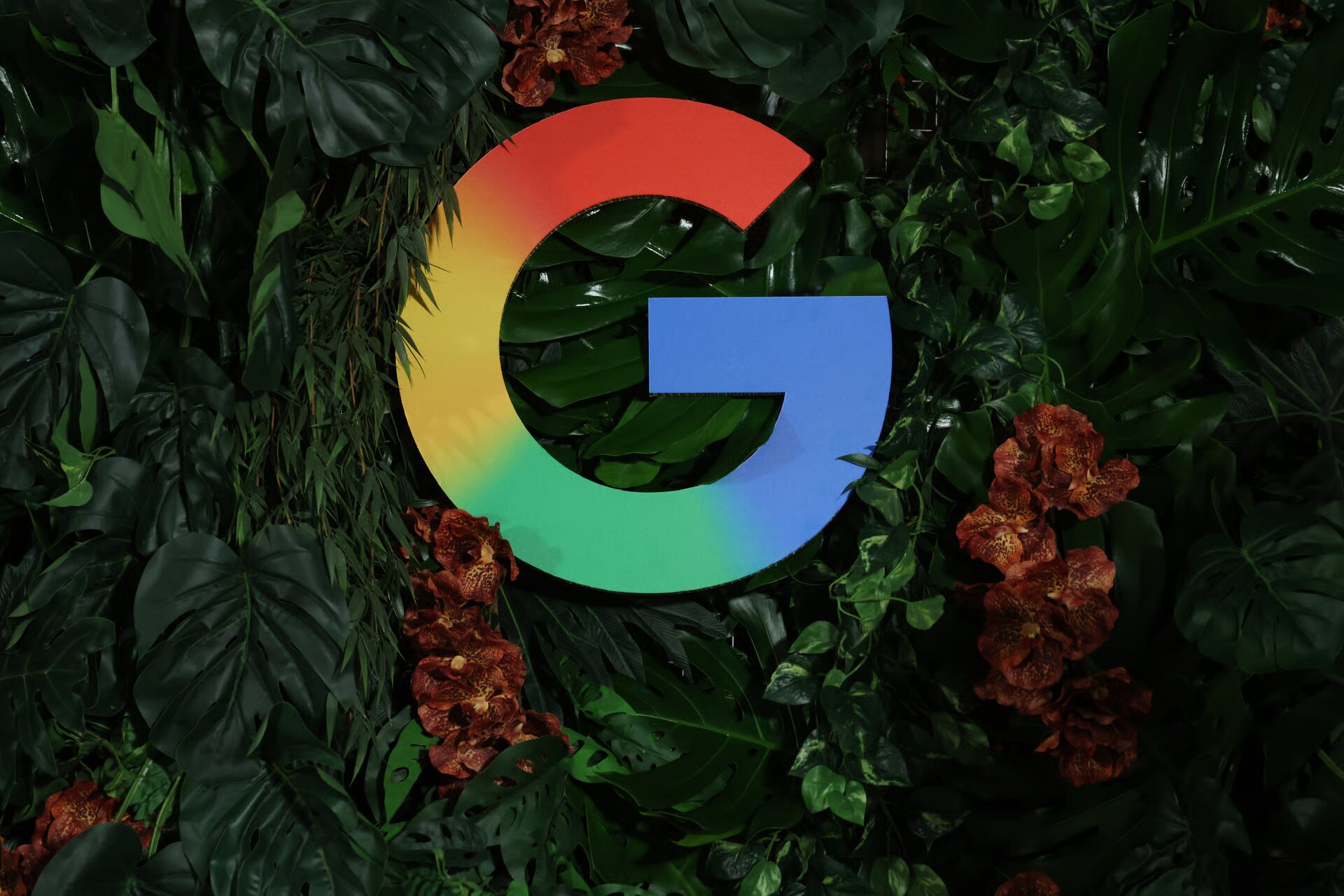The U.S. search giant tells Brussels that it has a divestiture-free plan to restore competition to the ad tech market.

BRUSSELS — The European Commission wants Google to break itself up. The U.S. search giant says no.
Google has delivered its formal response to a landmark ad tech antitrust decision by the Commission, proposing a series of product and technical changes — including some to be rolled out within the year — that aim to open up its ad tech empire to rivals.
What it didn’t contain: Any structural measures, such asset sales or a breakup of the business, to address concerns expressed by the European Commission when it hit Google with a €2.95 billion fine in September for its conduct.
Back then, the Commission — which oversees competition policy across the European Union — concluded that Google’s abuse was a product of its “inherent conflict of interest” in owning such vast swaths of the infrastructure that powers online advertising.
A spokesperson for the Commission confirmed in a statement on Friday that the EU executive had received Google’s proposal, which it will now analyze.
Google’s disclosure that it submitted a mix of technical changes drew immediate criticism from publishers that rely on its ad tech tools.
“Behavioral adjustments have been tested repeatedly over many years and have failed to rebalance this market,” said Angela Mills Wade, executive director of the European Publishers Council.
“Without structural change, Google will continue to own and control the tools and data flows that determine the terms of trade for the entire digital advertising ecosystem,” she said.
Google, which accounts for most of the business of Alphabet, the $3.4 trillion internet behemoth based in Mountain View, California, has in recent years defended its business model against a string of multibillion-euro EU fines aimed at preventing it from abusing its market dominance.
While this case is a classic antitrust procedure, Google has also been targeted by a string of investigations under the EU’s Digital Markets Act, which was passed in 2022 to strengthen competition in the platform economy. On Thursday, the Commission opened a new DMA probe into Google’s down-ranking of spam-like content on news sites.
Don’t be Evil
Google proposed a series of immediate product changes, such as giving publishers greater pricing power, as well as longer-term fixes to increase the interoperability of its ad tech tools.
“Our proposal fully addresses the EC’s decision without a disruptive break-up that would harm the thousands of European publishers and advertisers,” a Google spokesperson said in a statement.
News publishers on both sides of the Atlantic have long lamented that they face few options other than Google to administer their ad-powered businesses, ultimately forcing up costs for the struggling sector.
Those complaints crystallized in the early 2020s, when both the U.S. Department of Justice and the European Commission launched antitrust investigations into Google’s control over the plumbing of online advertising.
When the Commission issued its final decision in September, it made the unprecedented move of stipulating that its concerns could only be resolved if Google ceded control of its market-leading ad tech tools.
The measures proposed to Brussels by Google fall far short of the envisioned structural sell-off that both the Commission and its American counterpart envisioned as a solution to Google’s distortion of competition in the online advertising sector.
They also largely echo the proposals Google submitted to the U.S. federal court overseeing an ad tech case brought by the Donald Trump, where it, too, proposed a mix of behavioral fixes.
Closing arguments in that trial will begin on Monday and, if Google is to be compelled to break itself up, it would most likely be in the United States. The Commission has never imposed structural remedies and faces a high legal bar for doing so, according to legal experts.
As viewed by Google’s critics, this time it could be different, as a so-called behavioral set of commitments, consisting of technical tweaks, may not be sufficient.
“The only credible solution is a forced divestment of part of Google’s advertising business – anything else is just window dressing,” said Max von Thun, of the Open Markets Institute.
“In the case of Google, behavioural remedies have always failed,” he said. The Commission imposed remedies in its 2017 Google Shopping decision that have been widely viewed as ineffective.
